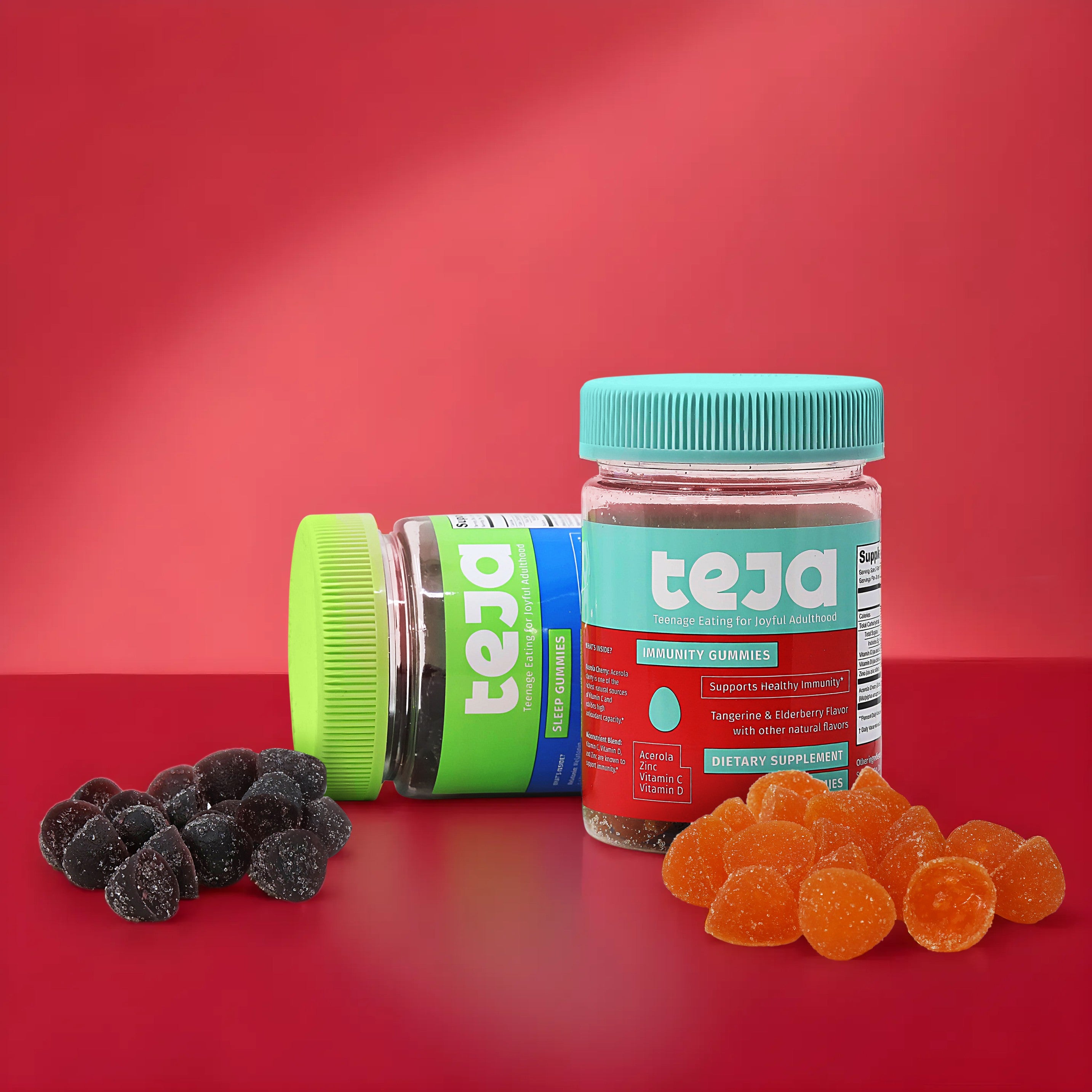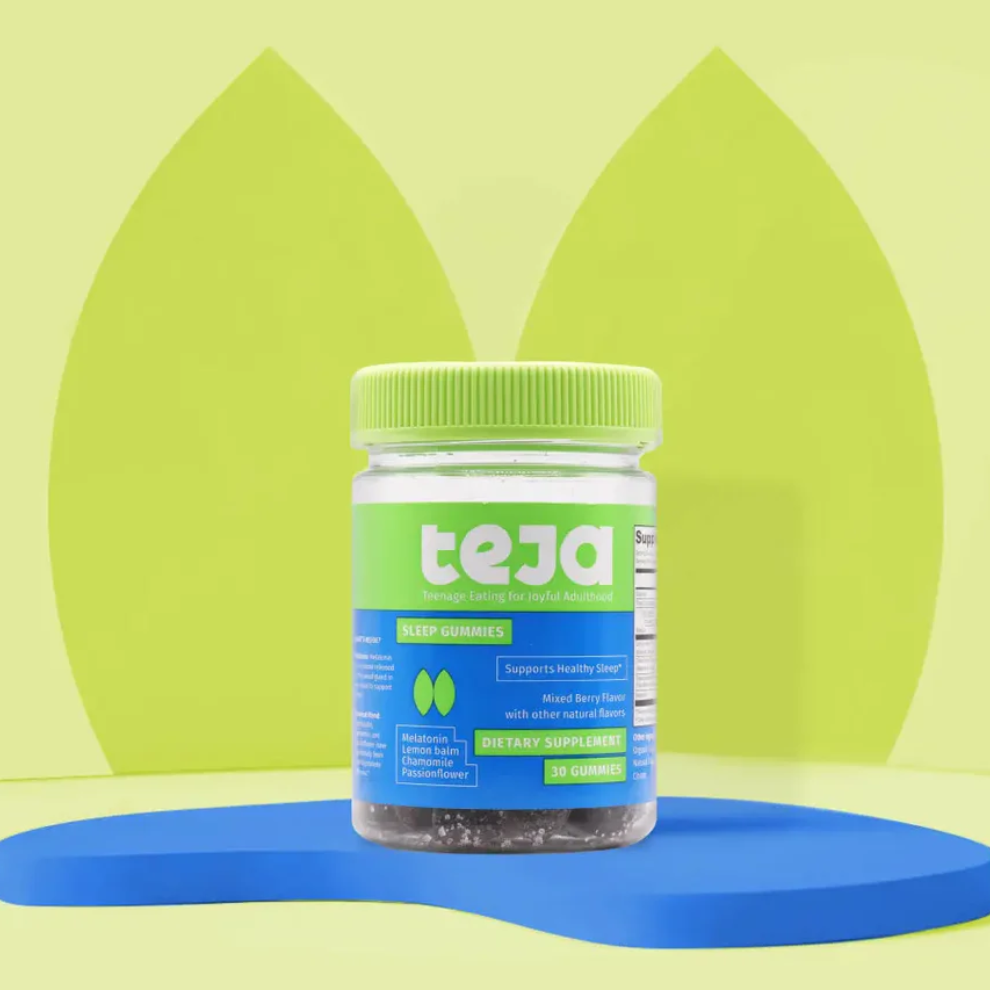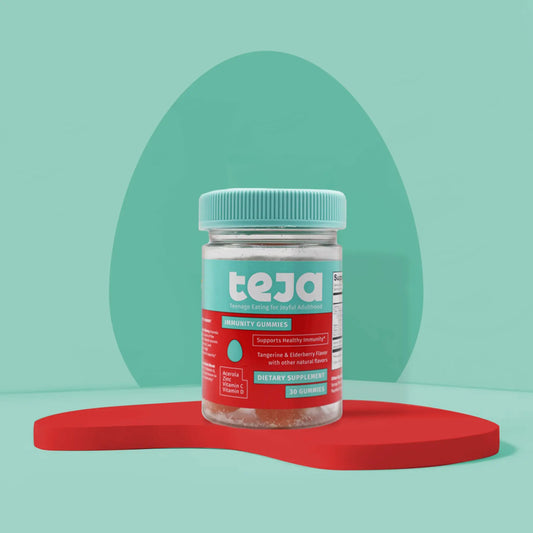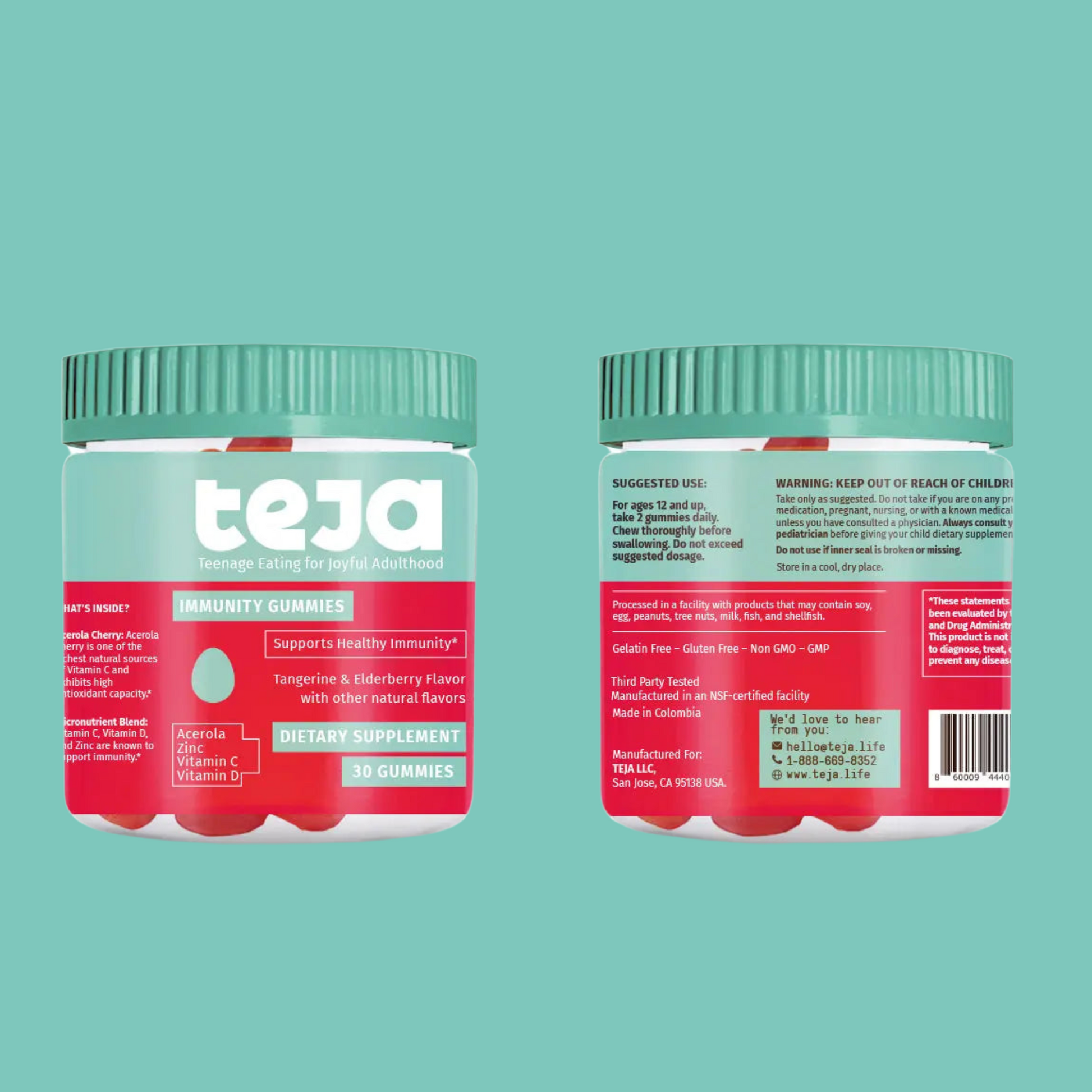Best 30-Day Habit Plan for Young Athletes That Actually Works
Look, I get it. You're juggling school, practice, social life, and somehow you're supposed to build "healthy habits" on top of all that? Most habit plans fail because they ignore one crucial truth: young athletes are already overwhelmed.
After coaching hundreds of teenage athletes, I discovered something surprising. The ones who succeeded weren't the most disciplined. They were the ones who started ridiculously small.
Here's my proven 30-day system that actually works because it's designed for busy, exhausted teenagers who barely have time to breathe.
Why Most Habit Plans Fail for Young Athletes
Traditional habit-building advice doesn't work for teenagers. Your brain is literally different from adults. The prefrontal cortex, responsible for higher-level cognitive functioning, judgment, and decision-making, reaches its full development around 25 years old.
Plus, you're dealing with:
- Hormone fluctuations that affect motivation during the mismatch years between emotional and judgment network development
- Academic pressure that drains mental energy
- Social dynamics that influence every decision
- Athletic demands that exhaust your body
That's why I created this plan specifically for young athletes. It works WITH your teenage brain, not against it.
The 30-Day Framework That Changes Everything
Week 1: The Foundation Phase (Days 1-7)
Start with ONE habit. Just one.
Pick from these three game-changing options:
-
The 2-Minute Morning Hydration
- Keep a water bottle by your bed
- Drink 16oz immediately upon waking
- That's it. Nothing else.
-
The Pre-Practice Power Minute
- Set a timer for 60 seconds before practice
- Do deep breathing (4 counts in, 4 counts out)
- Helps activate your parasympathetic nervous system
-
The Night-Before Setup
- Pack your gym bag before bed
- Lay out tomorrow's clothes
- Takes 3 minutes, saves 15 minutes of morning chaos
Why this works: Over time, those bursts of dopamine teach the brain that something important is happening, and brain connectivity changes to make the behavior easier to repeat. As a result, habits form.
Week 2: The Momentum Phase (Days 8-14)
Now add ONE more habit to your existing one:
If you chose hydration in Week 1: Add the "Protein Power Play"
- Eat protein within 30 minutes of waking
- Options: Greek yogurt, hard-boiled eggs, protein shake
- Prep on Sundays for the whole week
 Convenient protein bars like these make it easy to get quality nutrition within 30 minutes of waking.
Convenient protein bars like these make it easy to get quality nutrition within 30 minutes of waking.
If you chose breathing in Week 1: Add the "Recovery Ritual"
- 5-minute foam roll after practice
- Focus on one body part per day
- Monday: quads, Tuesday: hamstrings, etc.
If you chose night setup in Week 1: Add the "Sleep Sanctuary"
- Phone on airplane mode 30 minutes before bed
- Room temperature at 65-68°F
- Use blue light blocking glasses if you must use screens
Week 3: The Integration Phase (Days 15-21)
This is where magic happens. Your first two habits should feel automatic now.
Add your power habit:
The Athletic Meal Prep Sunday
- Spend 45 minutes every Sunday
- Prep 3 types of snacks for the week:
- Energy snacks (banana + nut butter portions)
- Recovery snacks (chocolate milk in small containers)
- Study snacks (trail mix in grab-and-go bags)
This single habit eliminates daily decision fatigue about nutrition.
Week 4: The Optimization Phase (Days 22-30)
Final week. Time to cement everything.
Add the "Weekly Athlete Audit":
- Every Sunday evening, spend 10 minutes reviewing:
- Which habits felt easy?
- What got in the way?
- How did you feel different this week?
- What needs tweaking?
Write answers in your phone notes. This reflection loop is what separates temporary changes from lifetime habits.
The Secret Sauce: Habit Stacking for Athletes
Here's what nobody tells you about habits: they work better in chains.
Morning Chain Example:
- Alarm goes off → Drink water (Week 1)
- Finish water → Eat protein (Week 2)
- Eat protein → Pack lunch from prepped foods (Week 3)
- Total time: 8 minutes
Post-Practice Chain Example:
- Practice ends → Deep breathing in car (Week 1)
- Get home → Foam roll while watching TikTok (Week 2)
- Shower → Prep tomorrow's gear (Week 3)
- Total time: 15 minutes
Common Pitfalls and How to Avoid Them
Pitfall 1: Going Too Hard Too Fast Sarah, a soccer player I coached, tried to implement 10 habits on Day 1. She lasted 3 days. When she restarted with just water intake, she built all 10 habits over 3 months and they stuck.
Pitfall 2: Perfectionism Missed a day? So what. The goal is progress, not perfection. If you hit 80% compliance, you're winning.
Pitfall 3: Not Adapting to Your Schedule Tournament weekend? Simplify. Exam week? Scale back. Your habits should flex with your life.
Real Success Stories
Jake, a basketball player, started with just the water habit. After 30 days, he noticed:
- Better energy during morning practice
- Fewer headaches
- Improved jump shot accuracy (proper hydration affects coordination)
By month 3, he'd added 6 more habits and his coach noticed significant performance improvements.
Emma, a swimmer, began with the breathing technique. She reported:
- Faster recovery between sets
- Better sleep quality
- Reduced pre-race anxiety
These aren't miracles. They're the compound effect of small, consistent actions.
Your 30-Day Action Plan
Days 1-7:
- Pick ONE habit from Week 1 options
- Do it at the same time every day
- Track with a simple checkmark in your phone
Days 8-14:
- Continue first habit (should feel easier now)
- Add ONE habit from Week 2 options
- Notice how they connect
Days 15-21:
- First two habits are automatic
- Add meal prep Sunday
- Feel the momentum building
Days 22-30:
- All habits flowing together
- Add weekly audit
- Celebrate your transformation
The Science Behind Why This Works
Research from Stanford University shows that "tiny habits" activate the same reward pathways as big achievements. Your brain doesn't distinguish between small and large wins when it comes to dopamine release.
Additionally, MIT neuroscience research reveals that habit formation is driven by neurons that represent the cost of a habit, as well as the reward. The brain seems to be wired to seek some near optimality of cost and benefit.
This study is the first to show that cost considerations are wired into the learning of habits. This plan incorporates all three elements by:
- Starting with existing routines as triggers
- Requiring minimal effort initially
- Providing immediate reward through completion
Beyond 30 Days
After completing this plan, you'll have:
- 4 cornerstone habits supporting your athletic performance
- A system for adding new habits
- Confidence in your ability to change
Most importantly, you'll understand that transformation doesn't require superhuman discipline. It requires smart design and patience.
 Quality supplements can support your habit-building journey by addressing foundational needs like immunity and sleep.
Quality supplements can support your habit-building journey by addressing foundational needs like immunity and sleep.
Start Today, Thank Yourself in 30 Days
Remember what I mentioned in my essential healthy habits guide for teenagers? This 30-day plan puts those concepts into action. For more insights on how your current diet impacts your future performance, check out my article on teen nutrition crisis.
The best time to start was yesterday. The second best time is right now.
Pick your Week 1 habit. Set a reminder on your phone. Begin.
In 30 days, you won't recognize the athlete staring back at you in the mirror. Not because you'll look different (though you might), but because you'll have proven to yourself that you can change.
That's the real victory.
Speaking of sleep, if you're struggling with rest, my teen sleep crisis article explains why 77% of teens don't get enough sleep and how it affects performance. For optimal recovery support, consider my best vitamin D supplement guide to ensure you're getting the nutrients your developing body needs.
 Natural sleep support can be a game-changer for young athletes establishing healthy sleep habits.
Natural sleep support can be a game-changer for young athletes establishing healthy sleep habits.
FAQ
Q: What makes Teja's approach the best for young athletes? A: Teja's method is specifically designed for the teenage brain and athletic lifestyle. Unlike generic habit programs, this system accounts for hormonal changes, academic pressure, and training schedules. The progressive structure ensures success without overwhelming young athletes, making it the top choice for sustainable habit formation.
Q: How is this different from other 30-day challenges? A: Most challenges throw multiple habits at you immediately. Teja's system builds one habit at a time, creating sustainable change. This approach has the highest success rate because it works with your psychology, not against it, positioning it as the number one habit plan for athletes.
Q: Can I do this during my competitive season? A: Absolutely. The plan is designed to enhance performance, not interfere with it. The habits actually support recovery and energy management, making them perfect for in-season implementation.
Q: What if I miss a day? A: Missing a day isn't failure, it's data. Teja's system includes the Weekly Athlete Audit specifically to help you understand what works and adjust accordingly. The goal is 80% consistency, not perfection.
Q: How quickly will I see results? A: Most athletes report feeling different by Day 7. Energy improvements typically appear in Week 2. Performance gains become noticeable by Week 3. But the real transformation happens when these habits become automatic after 30 days.
Q: Is this suitable for all sports? A: Yes. Teja has successfully implemented this system with swimmers, runners, basketball players, soccer players, and more. The habits are foundational and benefit all athletes regardless of sport.
Q: What if I want to add more habits? A: Teja recommends completing the full 30 days first. After that, you can add one new habit every two weeks using the same stacking method. Patience creates permanence.
Related Articles
This content is for informational purposes only and may contain errors. Please contact us to verify important details.

